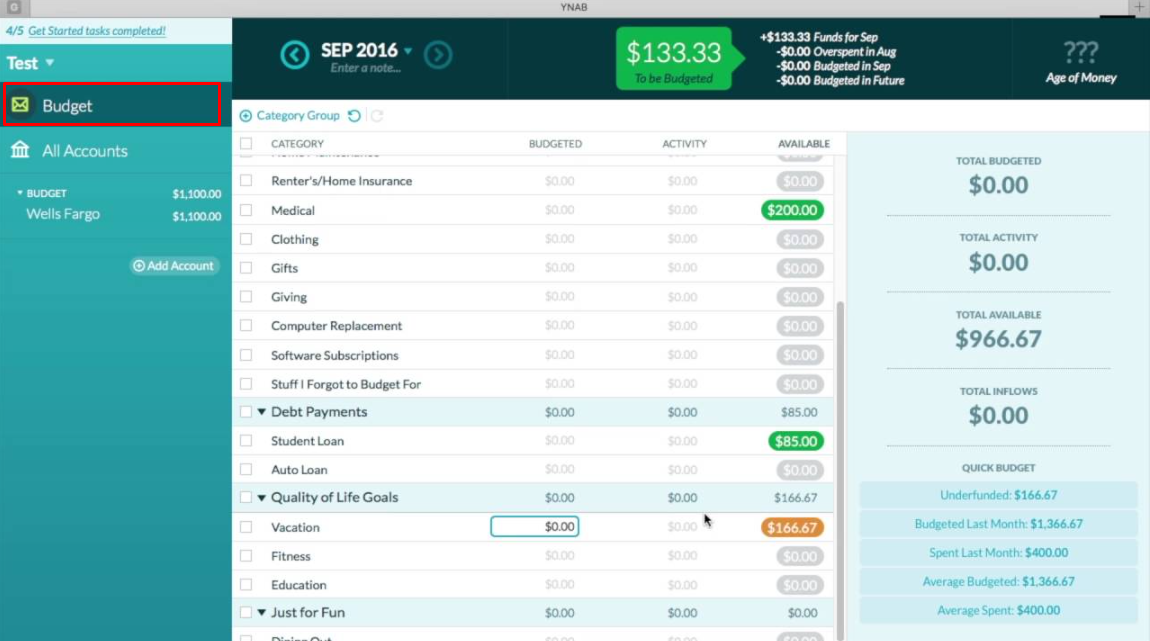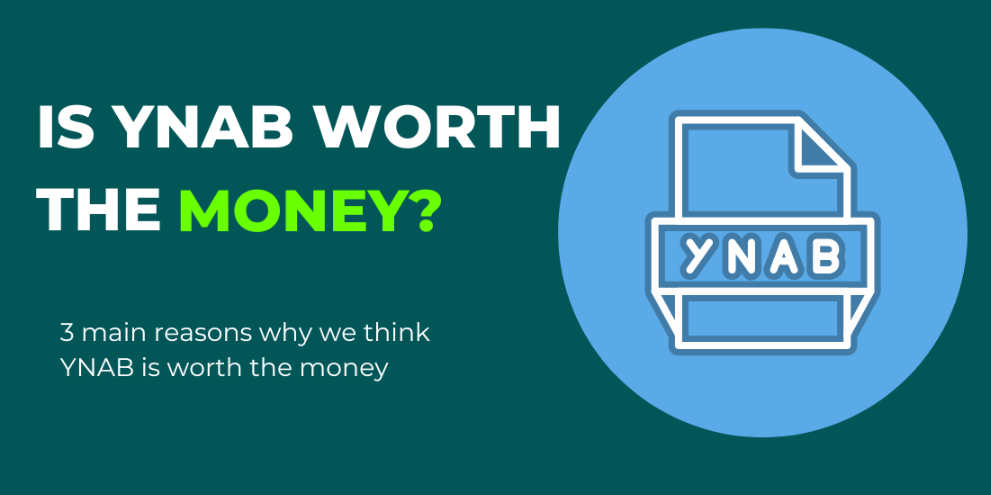Discover the Best Tips on How to Build Credit

Anúncios
Credit is a powerful tool that can help achieve various financial goals, such as buying a car or a house, fulfilling travel dreams, or even investing in a business.
However, to enjoy all the benefits of credit, it is essential to build a good history.
Anúncios
In this article, you will find the best tips to build credit consciously and safely, bringing benefits to you.
Continue reading to learn how to build credit.
Anúncios
Check Your Credit Reports
Before you start building your credit, it is crucial to understand where you currently stand. This means checking your credit reports regularly.
You have the right to request a free credit report from each of the three major credit agencies once a year.
By reviewing these reports, you can identify any errors or discrepancies that may affect your credit score.
Additionally, checking your reports regularly allows you to track your progress as you work to improve your credit score over time.
If you find any errors or incorrect information, it is important to correct it immediately, as it can negatively impact your ability to obtain credit in the future.
Having a clear understanding of your credit report is the essential first step to building a solid and reliable credit history.
Get a Secured Credit Card
Obtaining a secured credit card is an excellent way to start your journey in building a good credit history.
This type of card offers several benefits for those starting out, such as:
- Smaller limits: Ideal for those who are not very experienced with credit or need to control their spending.
- Constant monitoring: Allows you to closely track your payment history and avoid default.
- Financial education tools: Provides access to content and services that help you make more conscious financial decisions.
- Possibility of upgrade: With responsible use, you can request an increase in your card limit and achieve other benefits in the future.
Thus, one of the tips on how to build credit is to use this type of card as an auxiliary tool.
Pay All Bills on Time
One of the most important factors in building a good credit history is the habit of paying all your bills on time.
This includes not only credit card bills but also utility bills, student loans, vehicle financing, and any other financial commitment you may have.
Maintaining a history of timely payments demonstrates to lenders that you are reliable and financially responsible.
Additionally, timely payment avoids late fees, additional interest, and most importantly, prevents your credit score from being harmed.
On-time payments are a key indicator of financial soundness and are positively considered by credit agencies when calculating your credit score.
To ensure you never miss a payment, it is helpful to set up payment reminders or automate your payments through direct debit.
This way, you can be sure that all your bills are paid on time, thus strengthening your financial credibility and building a positive credit history over time.
Reduce Credit Usage
Another crucial tip for building and maintaining good credit is to reduce credit usage.
Although it may be tempting to use the available credit on your credit cards up to the maximum limit, this can have a negative impact on your credit score and lenders’ perception of your ability to manage your finances responsibly.
Experts generally recommend keeping your used credit balance below 30% of the total available limit on each credit card. This is known as the credit utilization rate.
Keeping your credit utilization rate low shows lenders that you are not overwhelmed with debt and that you can manage your credit prudently.
To reduce your credit usage, you might consider paying more than the minimum due on your credit cards each month, using credit more selectively, and avoiding opening several new credit accounts at the same time.
By adopting these practices, you can keep your credit utilization rate low, which positively contributes to your credit score and strengthens your financial position in the long run.
Request a Credit Limit Increase
Another smart strategy for building credit is to request an increase in the limit of your current credit card.
This may seem counterintuitive, especially if you are trying to reduce credit usage, but an increase in your card limit can actually improve your ratio of used credit to available credit, which is an important factor in your credit score.
By increasing the limit of your credit card, you are potentially increasing your total credit capacity. Which can result in a decrease in your credit utilization rate, provided you keep your spending under control.
Moreover, having a higher credit limit can be viewed positively by lenders, as it demonstrates confidence in your ability to manage credit responsibly.
However, it is important to approach this strategy with caution and responsibility.
Make sure that an increase in your credit card limit will not result in an increase in your total spending or in debts that you cannot afford.
Also, avoid requesting multiple limit increases at the same time, as this can appear desperate to lenders.
Instead, wait until you have a history of timely payments and responsible credit use before requesting an increase in your credit card limit.
Avoid Credit Inquiries
A fundamental practice to protect and improve your credit score is to avoid unnecessary inquiries into your credit history.
When you apply for credit, whether for a loan, credit card, or financing, lenders typically perform a credit check to assess your reliability as a borrower.
These checks are recorded on your credit report as “credit inquiries.”
While one or two credit inquiries may not have a significant impact on your credit score, multiple inquiries in a short period of time can cause your score to decrease slightly.
This is because many inquiries can be interpreted as signs of risk by lenders, suggesting that you are desperately seeking credit or facing financial difficulties.
With these tips on how to build credit, you can have a much better history and thus be sure to access the best financial products.
Therefore, put each tip into practice and see others by browsing our website.





